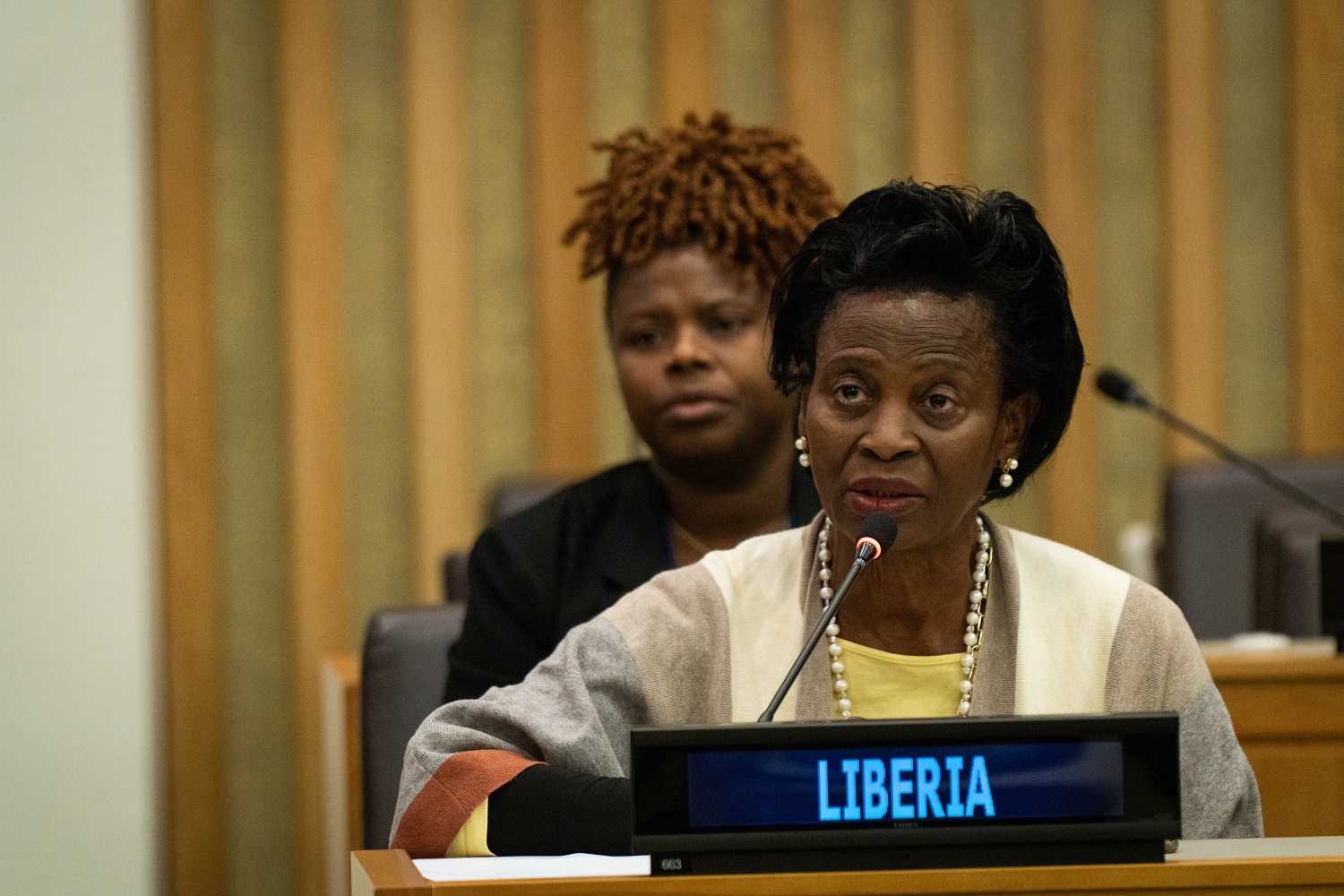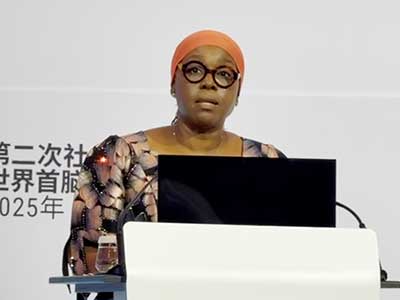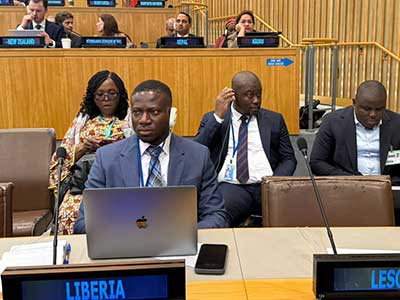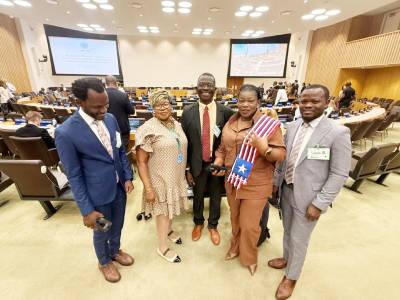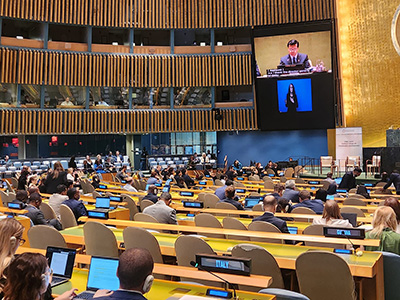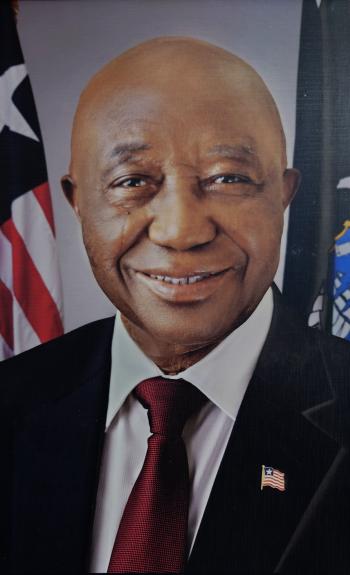Thank you, Madam President.
Congratulations to you and members of the Bureau on your election. My delegation assures you of its support during this session.
We also congratulate Executive Director Catherine Russell on her first year and thank her for her report.
Madam President,
2022 was an incredibly difficult year for children. Rising inflation, food insecurity, the war in Ukraine, climate change and the continuing impacts of the corona virus pandemic adversely affected the wellbeing of children.
As we convene, the outlook for 2023 is gloomy. Projections of increase in learning loss, poverty, and food insecurity remain threats to the future of children globally, with more than 100 million expected to need humanitarian assistance this year. As noted in UNICEF’s Global Outlook 2023, the most vulnerable children and families, especially in developing countries, will definitely bear the brunt of these global challenges.
It is therefore critical to act urgently and decisively to address these interlinked challenges facing children. There is a need to invest more in social protection systems, recovery from learning losses, and of course increase support to UNICEF and partners, especially through the provision of timely and flexible funding.
Madam President,
We thank UNICEF for continuing to work together with partners to protect children’s rights despite huge challenges and limited resources. We appreciate UNICEF’s humanitarian work, particularly in Africa, where millions of young people are at high risk of the impacts of climate change, threatening their health, education, and protection, and exposing them to deadly diseases. We applaud UNICEF for providing life-saving aid and resilient services including improving access to climate-resilient water, sanitation, and hygiene services, and identifying and treating children with malnutrition.
At the national level, UNICEF’s partnership with the Government of Liberia continues to facilitate interventions in improving child, maternal and neonatal services, combating malnutrition, promoting WASH services, basic education and child protection.
The Government of Liberia also continues to implement social protection porgrammes targeting vulnerable households with the aim of promoting greater social cohesion and reducing vulnerability. The Liberia Social Safety Nets Programme and the “Recovery of Economic Activity for Liberian Informal Sector Employment (REALISE) Project” amongst others provide income support to extremely poor and food insecure households through cash transfers and provision of grant to revive or start small businesses.
Madam President,
As I conclude, allow me to emphasize that it is our responsibility—member states, the United Nations, and all partners —to act now to address the challenges that children continue to face globally. We must all work towards creating a better world where our children can thrive and reach their full potential.
Thank you for your kind attention.

